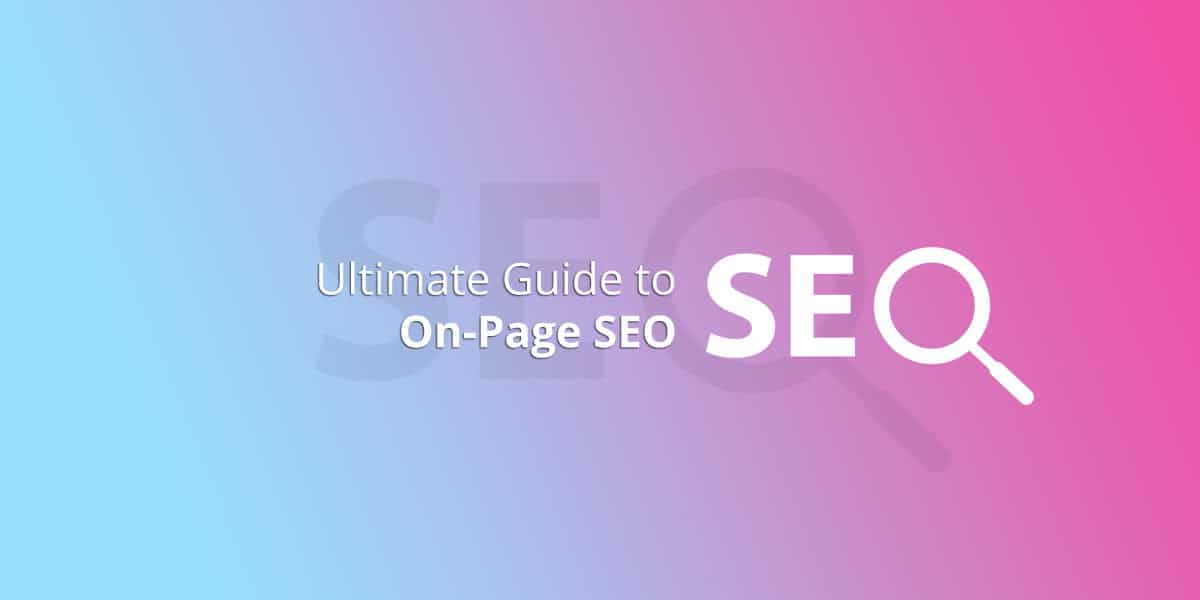Why should you SocMed? Let me count the ways. We have entered that era when a business without Facebook (or Twitter, or Insta, or LinkedIn) is a business waiting to die. It’s a painful death, marked by futile efforts to stay afloat in a fiercely competitive environment. The survivors in this game all utilise the massive potential of social media — and they do so in order to gain an unfair advantage over those who don’t realise what gold mines the “Post” button unlocks.
But how exactly does social media help you? Here are seven points to ponder.
1, It’s where everybody is. Let’s start with the most obvious — social media is the hub of the Internet, and that’s the easiest way to be seen.
Back in the day, if you want your business to be visible for everyone regardless of location, you need to create a website. But the Internet has grown so large, and unless you’re an SEO wizard and can get your business to appear in search results, it can be very hard to get attention when the whole cyberspace is clamoring for the same.
When you’re on social media, however, you can build visibility and brand awareness by being where the conversation is at. On social media, you can start conversations, stir the pot, and build your own community. It isn’t your house, but it’s still your rules. Only then can you funnel all that attention to your sweet, finely-tuned website to seal the deal for your customers.
2, You can be less formal. Part of the charm of being in social media is mingling on the same level as your customers. You may be a brand, but to them you’re just another account they can converse with. With this, you can be less formal, and engage with them in ways you’d find difficult in other platforms.
Most big brands take advantage of this opportunity by using social media to show that they are more than just names on a storefront. They post behind-the-scenes pictures showing what they’re up to when they’re not doing business. They also take time to show what values make up the brand. Social media advocacies are all the rage, and for good reason.
This is very important to a business, as the ability to create human connections between the brand and the consumer is perhaps one of the most important determinants of a business’ success. Connections build trust, which in turn lead to loyalty.
3, Social media lets you steer consumer knowledge. We live in a knowledge economy, and it’s surprising how few businesses take full advantage of this idea. Social media doesn’t just allow you to post adverts, it also lets you create content that can objectively educate your consumers.
Gone are the days when the distinction of being a “thought leader” was reserved for the researchers and the academics. Today, you can share your insights and let consumers know through facts and figures exactly how your product can benefit them.
You can also show how your brand stays on top of the current business trends. By being creative with your posts, you can promote your brand as the go-to authority in your niche.
4, You get interaction even without interaction. While social media metrics are often measured through the number of likes, reacts, reposts, and retweets that a post gets, there’s a handful of other important measures to consider. Views for example, will let you tell which posts are piquing customers’ interests — this will tell you which topics you can explore in the future to gain interactions.
You can also experiment with directing your customers to other content, such as a leading news article in your field or posts published in your website. Despite not inviting responses, these non-interactive posts can still help you establish authority and gain more brand awareness.
Another way to get interaction without directly doing so is by having others do all the interacting for you! All you have to do is to strike up a deal with an influencer to draw attention to your brand. Done correctly and as a part of a cohesive marketing campaign, this strategy can be the difference between making or breaking in your competitive niche!
5, It’s never easier to generate leads. Instead of a dedicated webpage that — let’s face it — your customers may or may not find, why not use your social media presence as the start of your sales funnel? You can save the money instead to create an interactive website that focuses on selling the value of the company, instead of pressuring people to buy.
Do you notice how the most successful brands don’t have countdown timers and flashy “BUY NOW!” banners in their sites? And yet they get the sales. It’s a balancing act best left to site design experts.
The ability to easily generate leads (and follow up after them) is one of the most direct benefits of social media for businesses. By utilising chatbots, targeted advertising, and the various lead generation tools of social media services, you can have customers experiencing what your service is all about in just a few clicks.
It’s also worthwhile to note that using social media to get leads is much more cost-effective (up to 8 times more, according to some studies) than advertising on traditional Internet platforms such as web search results.
6, You hear immediate feedback. Immediate feedback is the key to agility, which is in its way a key to business success. Woe be to the business who spends herculean efforts on a product and campaign that ultimately fails to gain traction. Because of social media’s lightning-fast pace, it’s easier for businesses to imbibe the “lean startup” ideology, and improve their products and services along with customer feedback.
Aside from passively getting feedback, you can also proactively ask for it in order to source ideas for future products, or even for future posts. You can ask users what they want to hear from you, and respond accordingly.
7, It’s easier to see the layout of the field. A successful business is an informed business. Some time ago, the preferred method for gaining industry insight was through legwork and espionage. Nowadays, all you have to do is monitor the social media chatter in your niche.
Aside from learning about who your customers are and what they want, you also get an insight to what your competitors are up to. This allows you to engage in a delicate tug-of-war that sees you pulling attention to your brand while making sure it resists opposing forces. It may be tiring for some, but the value of this exercise is undeniable.
The verdict is clear: social media is a must for your business. It’s the perfect partner for your website, and the perfect multi-faceted tool to brand success.






